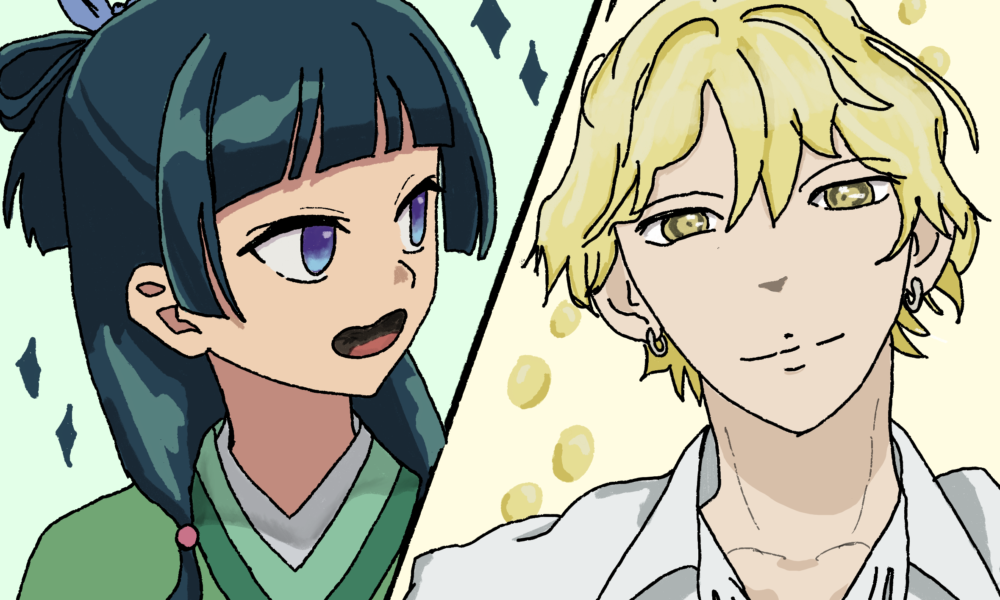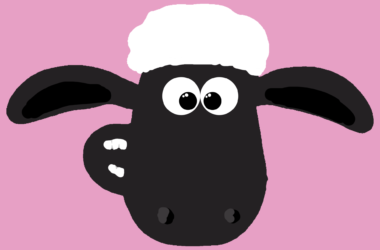Some of the most precious moments of love are those which precede the first text, the first date, the first kiss. The first butterflies, the first blush, the first compliment that has you kicking your feet in bed. These moments tend to be insignificant in romance media, eclipsed by the overwhelmingness of all that comes after. Compounded with the emerging trend of “nonchalant” romance, where emotional expression is often downplayed, these elusive moments appear even less. Even valiant efforts to prevent women characters from having overly man-centric ambitions can be misconstrued as devaluing a desire for love—all of which nudges these moments further from the spotlight.
Unless you are an avid fan, you probably associate anime with one of two things: “That white-haired dude” or cartoons. In reality, anime is a diverse selection of media that displays dedication, artistry, and novel ideas. Often the shows are defined by the intended audience, rather than by genre. One example is shōjo anime, targeted towards adolescent and young adult women, and often characterized by its focus on love: Both platonic and romantic. Although there can be a non-romantic complimentary plot, the spotlight remains on the minutiae of the relationships between characters. Because of this, the genre is often written off as frivolous or insignificant, overshadowed by the popularity of shōnen, which targets young men with traditional hero’s journey narratives.
However, some recent shōjo seasons released this month serve as perfect arguments to the contrary.
Season 2 of Apothecary Diaries started airing on Jan. 10. It follows the adventures of Maomao, the poison taster of the rear palace around 15th-century China. Her sharp wit and adept curiosity allow her to discover threats before they come to fruition. In a subversion of traditional gender roles, she is both oblivious and indifferent in the face of romance, seeing everything through a logical and tactical lens. In contrast, one of the head administrators, Jinshi, is expressive and emotional such that everyone in the palace knows of his admiration for her, except Maomao herself.
In typical shōjo fashion, the show highlights the part of relationships that are never really featured in mainstream romance: The simple development of affinity towards someone. There are numerous interactions that precede flirting: Flickering moments of romance—inconsequential conversations of Maomao eagerly explaining an apothecary principle to Jinshi, who listens in fascination, entranced by her passion—become all the more potent. It would be easy to write it off as boring if you overlook the importance of these moments; there’s something inexplicably sweet about a human investing themselves in the interests of another. That is the magic of shōjo: It portrays the menial and unnoticed, within which the sweetest aspects of human affection are hidden.
Similarly, Honey Lemon Soda, which began streaming on Jan. 8, offers another example of the beauty of shōjo. This anime features the classic high school setting, and follows a slice-of-life style plot; nothing extravagant happens beyond the everyday interactions in school life. The protagonist is Ishimori Uka, a shy girl who is so desensitized to bullying that all she wishes to do is remain “still as a stone.” At her new high school, she hopes things will be different but believes she doesn’t deserve much kindness. Miura Kai is the sleepy, carefree popular boy in her class, who takes it upon himself to help her become the person she most wants to be. His advice to her is clear: “Ask someone for help.” The common response would have been to ‘toughen up’ and find a way to deal with it on her own; instead, she remains her wonderfully shy self and gradually works towards her goal of finding her voice, even when she believes she doesn’t deserve it. This alternative characterization is a reminder that kindness, insecurity and reliance on another is equally brave.
Shōjo anime deserves all the respect for giving attention to the aspects of humanity that we deem weak and insignificant. It is a reminder that to show care for another is one of the scariest, strongest, and most human things you can ever do.









